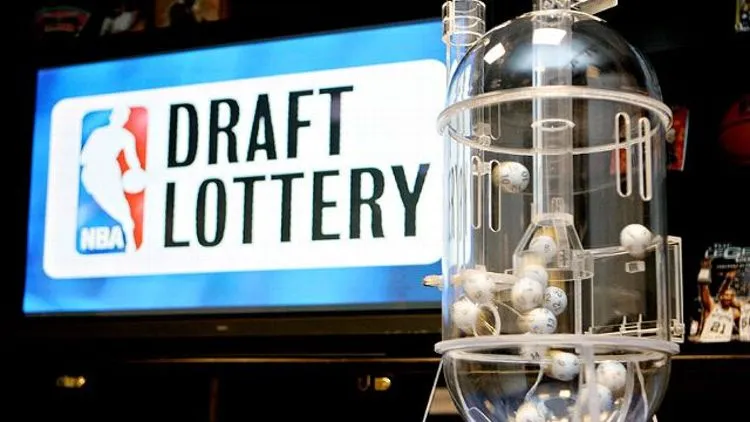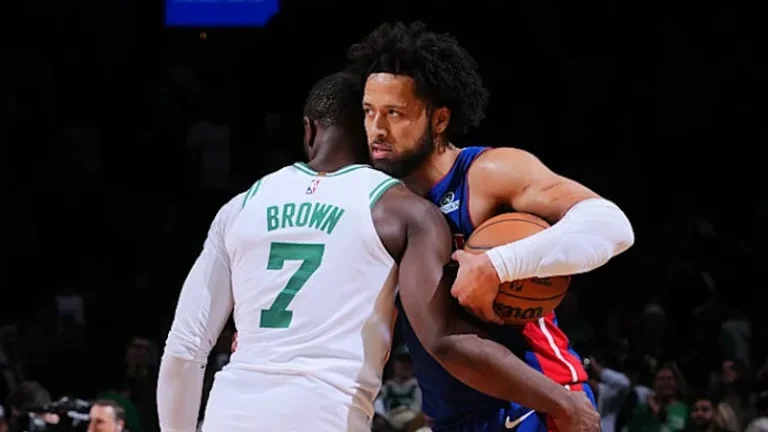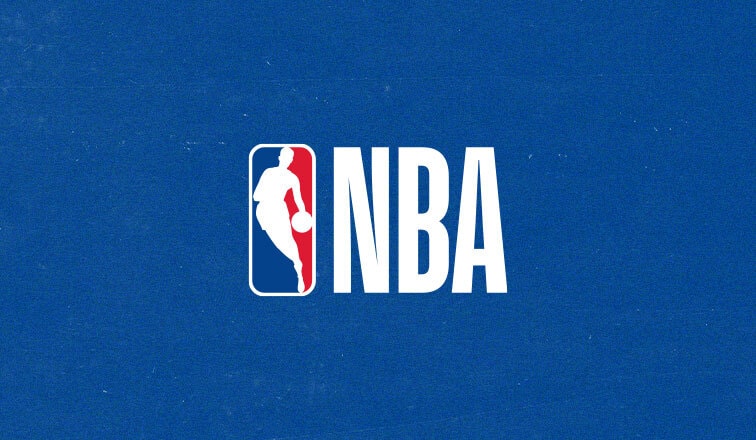
It was late in Game 3 of the WNBA semifinals when tensions boiled over. The Minnesota Lynx were fighting for their season against the Phoenix Mercury, and the score was tight with under 30 seconds remaining. Lynx star Napheesa Collier fell hard after a disputed move in which she and Mercury guard Alyssa Thomas were tangled — but no foul was called. Reeve, incensed by what she viewed as a blatant oversight, stormed onto the court, confronted an official, and launched into a profanity-laced tirade.
She was assessed her second technical and ejected with 21.8 seconds on the clock. But her outburst didn’t end there. As she was escorted off, she yelled at fans near the tunnel. In the postgame press conference — without fielding questions — she lambasted the officiating crew, calling their performance “malpractice” and demanding changes at the league level.
The WNBA responded swiftly: Reeve was suspended for Game 4 of the series and fined for her actions. Assistant coaches Eric Thibault and Rebekkah Brunson also drew fines — Thibault for his own conduct during the game, Brunson for a social media comment about officiating.
Layers of Conflict: What Fueled the Explosion
1. The No-Call and Collier’s Injury
Reeve’s fury stemmed from the perception that Collier was unfairly denied a call — even as she lay injured on the court. Collier took a knee in the final seconds; there were zero free throws awarded, despite the physical nature of the play. Reeve contended that if certain physicality is permitted, players will get hurt. The league defended the decision, with the National Basketball Referees Association posting a video explaining why they judged it a clean play.
2. Escalating Emotions on the Sideline
Playoff atmospheres are charged. Reeve already had a technical earlier in the game for complaining about Collier’s treatment. She’s no stranger to critiquing officiating — in prior seasons, she has voiced public frustration with how games are called. But this was among her most pointed and vehement responses, likely driven by the stakes of elimination.
3. Leadership, Standards, and Sacrifice
For a coach of Reeve’s pedigree — four-time WNBA Coach of the Year, multiple championships — losing her composure so publicly carries weight. Her suspension removes her voice from the sideline in a pivotal elimination game. It highlights how even highly esteemed figures are held accountable when confrontations cross certain boundaries.
The Stakes Now: Lynx Without Their General
Game 4: Coaching by Committee
With Reeve banned, associate coach Eric Thibault steps in as acting head coach. He’ll lead the team through a must-win game, trying to motivate players and manage on-court adjustments without the full authority or presence of the head coach.
Heightened Pressure
Minnesota is already facing elimination — trailing 2–1 in the best-of-five semifinals. A loss would mean an abrupt end to their season. The absence of Reeve on the bench emphasizes the fragility of momentum and leadership in high-stakes playoff environments.
Questions for Legacy
How the Lynx respond under duress may affect Reeve’s legacy — not just as a champion coach, but as a leader under pressure. If Minnesota survives and advances, the narrative may shift to resilience. If not, her absence becomes a symbolic turning point.
Broader Implications: Officiating, Discipline & the WNBA’s Image
- Officiating under the spotlight — Reeve’s outburst intensifies scrutiny of how the league’s referees manage playoff games. Critics on all sides — players, coaches, fans — often debate the consistency and transparency of calls in crunch moments.
- Where is the line for coaches? The WNBA’s decision signals that certain behaviors — on-court confrontation, ejection delay, profanity toward fans, postgame condemnations — will be sanctioned, even for respected figures.
- Institutional trust & governance — Reeve’s call for changes in officiating leadership illustrates a deeper tension: coaches expect accountability and fairness. But the league must balance those expectations with protecting its officials and preserving authority.
- Narratives of passion vs. recklessness — In sports, the line between fervor and folly is thin. Coaches are meant to stand up for their teams, but crossing into perceived intimidation or abuse triggers consequences.
Final Word: A High-Cost Moment
Cheryl Reeve’s suspension is more than a postseason footnote. It’s a moment that crystallizes the pressures inherent in elite competition — the burden on those at the top to lead with composure, the fine margins that divide criticism from punishment, and the ripple effects when those margins are crossed.
In Game 4, the Lynx will have to execute not just on the court, but in courtroom-style judgment: can a team maintain identity and discipline without its head coach in its most vulnerable hour? How they respond may define not just a season, but how we remember leadership in defiance.
Author Profile

- CEO NGSC Sports
Latest entries
 NBAFebruary 26, 2026Most Valuable Indeed: How Cunningham and Brown Redefined Their Franchises in 2026
NBAFebruary 26, 2026Most Valuable Indeed: How Cunningham and Brown Redefined Their Franchises in 2026 NBAFebruary 25, 2026Why the 2026 NBA Title Path Runs Through OKC and Cleveland
NBAFebruary 25, 2026Why the 2026 NBA Title Path Runs Through OKC and Cleveland NFLFebruary 25, 2026Speed, Schemes, and the Indiana Star: 2026 NFL Combine Preview
NFLFebruary 25, 2026Speed, Schemes, and the Indiana Star: 2026 NFL Combine Preview BoxingFebruary 24, 2026Money vs. Pac-Man II: The Immersive Redemption at The Sphere
BoxingFebruary 24, 2026Money vs. Pac-Man II: The Immersive Redemption at The Sphere





